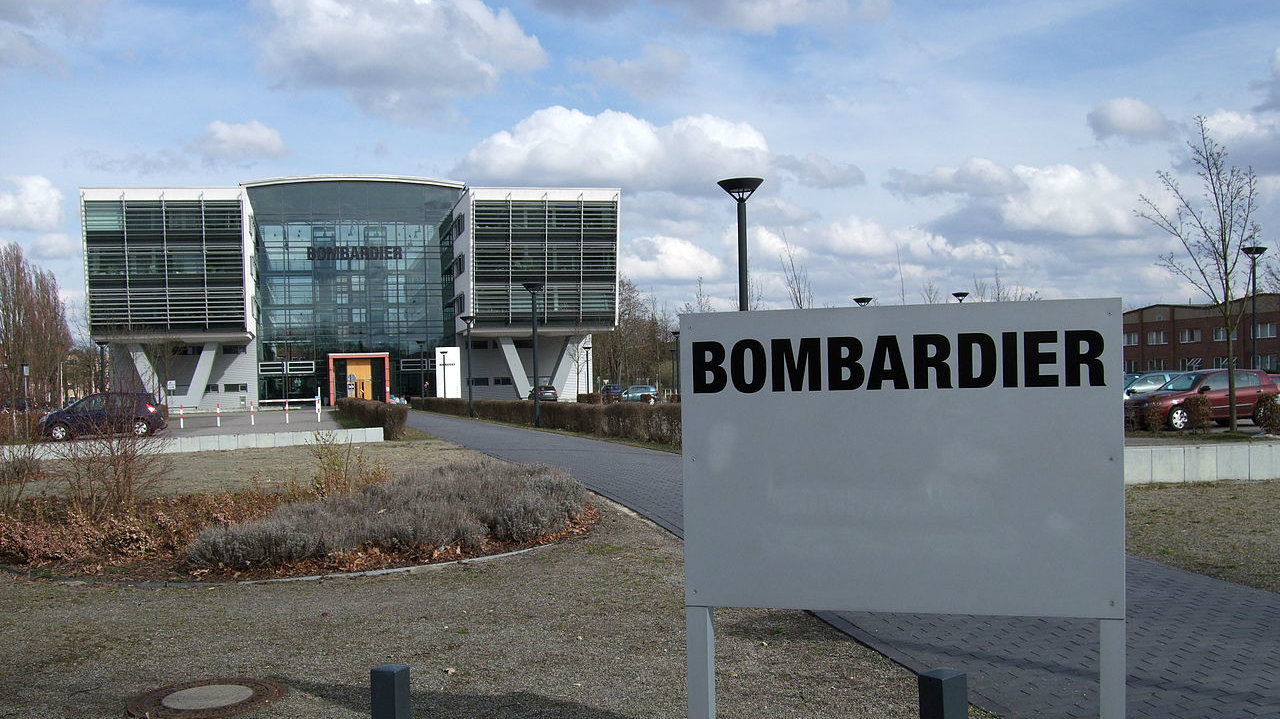Bombardier, Inc.’s (TSX:BBD.B) future is, again, in uncharted territory.
Bombardier shares dropped the most in about two years after the U.S. levied 220% import duties on the company’s flagship CSeries jet, which cost the company $6 billion to develop and on which its turnaround strategy hinged on.
The duties came after Boeing Co. (NYSE:BA) launched a complaint with the U.S. Department of Commerce, citing unfair subsidies by the Canadian government that made it possible for troubled Bombardier to produce the CSeries planes and then sell them to Delta Air Lines Inc.
Reacting to this massive setback, investors sold Bombardier stock, which, at one point, was down 16%, but later recovered and closed at a higher ~1% for the week that ended September 29.
Before this highly damaging event for the company’s growth strategy, Bombardier seemed well on track to deliver on its five-year turnaround plan.
For example, its second-quarter earnings report surprised many analysts as the company swung into profit. At the same time, Bombardier told investors that it expects to meet the top end of its earnings before interest and taxes forecast for the full year. That forecast range is between US$580 million and US$630 million.
Though Bombardier hasn’t booked a major sale of CSeries jets since an April 2016 deal with Delta, which had a list value of more than US$5 billion, the jetliner has a great potential in the international markets. Bombardier is expecting a major order from China, according to media reports.
Short-term uncertainty or long-term value destruction?
After this material event, many investors are wondering how to interpret this development for Bombardier’s share price; is this short-term uncertainty or permanent impairment of the company’s ability to become a viable entity and stand on its own feet?
I think the jury is still out on this. The decision by the U.S. Department of Commerce isn’t final. Bombardier still has many platforms to seek a resolution of this dispute.
The import duties could be reversed by the U.S. International Trade Commission if the tribunal determines that Boeing wasn’t injured by Bombardier’s jet program. That decision is expected to be made next year.
Once the International Trade Commission brings its final ruling next year, Bombardier can ask for a judicial review at the tribunal. Canada could also file a complaint with the World Trade Organization.
The bottom line
Trading at $2.26 a share, Bombardier stock has lost about 15% of its value in the past two months. And we’re unlikely to see a smooth journey for the company’s shares going forward.
This situation, however, presents an interesting scenario for long-term investors: should they take a risk and make a position in a company whose survival is crucial for Canadian politicians?
I think this dispute will ultimately be resolved amicably by political leaders because the stakes are too high for both governments.
If you’re a risk taker and you believe that Bombardier will ultimately get out of this quagmire, then there is a case for a long-term upside. For the neutral investors, watching from the sidelines is probably a better strategy.








